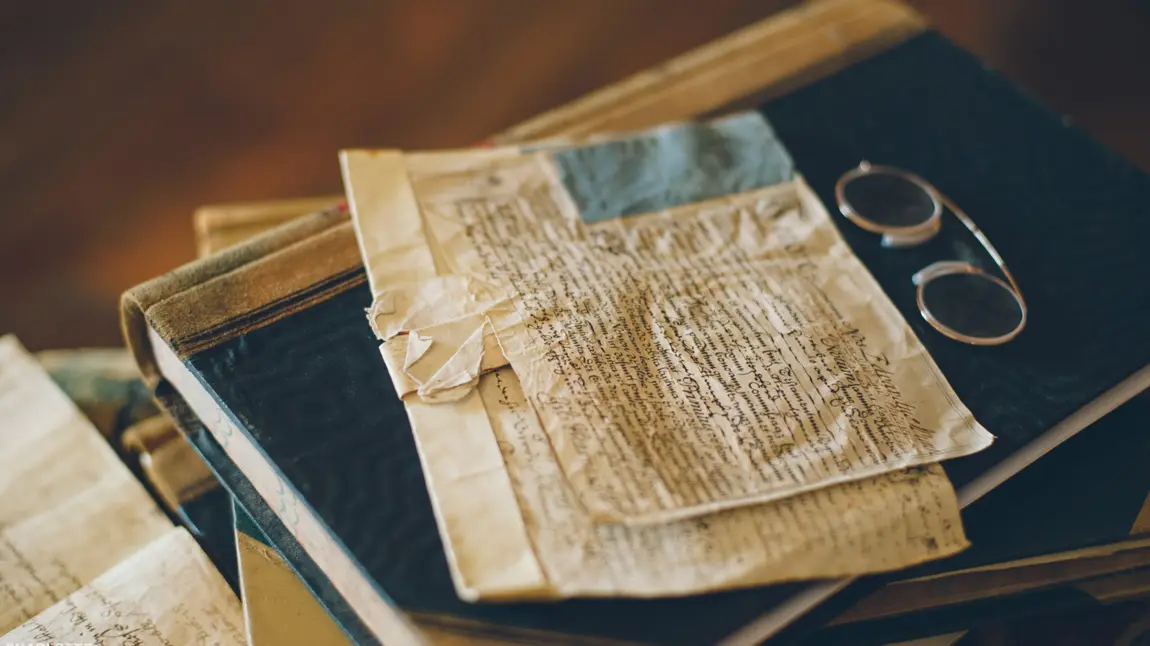The Pastons return to Norfolk!

The Pastons were one of Norfolk's largest and most prominent families. First recorded in the 1400s as yeoman farmers, they rose from the lowest to the highest ranks of society in less than four generations.
The world-famous collection, which includes the first known Valentine letter, contains personal stories of marriages, births and deaths, news of politics and social change, and gossip and references about local people and places.
600 Paston Footprints
[quote=Robyn Llewellyn, Head of HLF East of England]"I’m delighted that money raised by National Lottery players can support UEA and the Paston Heritage Society to make this collection accessible..."[/quote]
The 600 Paston Footprints project, run by the University of East Anglia (UEA) and the Paston Heritage Society, will bring together local people to record and explore the family’s legacy in Norfolk.
2018 marks 600 years since the first Paston letter was sent. A 600th-anniversary festival will celebrate the collection through dramas, exhibitions and workshops.
Over three years the project will work with 11 key centres related to the Pastons in Norfolk, developing resources and information boards, events and activities, podcasts, heritage trails and even cycle routes.
Bringing the Pastons’ world to life
Thanks to National Lottery funding, the project will also digitise the two 17th-century collections and create a new website with access to over 1,000 letters.
The website will also include state-of-the-art 3D digital reconstructions of properties connected to the Pastons, from Oxnead Hall to Caister Castle.
Robyn Llewellyn, Head of HLF East of England, said: “The Paston Letters are a truly fascinating record of a local family’s extraordinary journey from peasantry to aristocracy. I’m delighted that money raised by National Lottery players can support UEA and the Paston Heritage Society to make this collection accessible through digitisation and an immersive programme of events, particularly ahead of the 600th anniversary next year.”